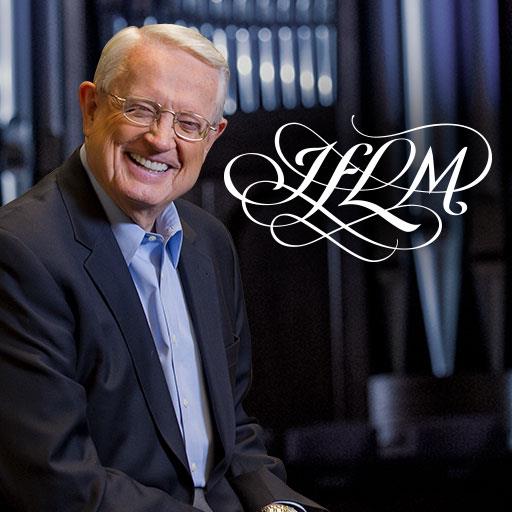This episode is no longer available.
We're sorry but this episode is no longer available on Oneplace.com. However, you might want to check out these other episodes from Insight for Living.
Abraham: The Father Who Released His Son, Part 1
January, 9, 2026Cain: The Farmer Who Murdered His Brother, Part 2
January, 8, 2026Cain: The Farmer Who Murdered His Brother, Part 1
January, 7, 2026Often-Overlooked Lives of Significance, Part 2
January, 6, 2026Often-Overlooked Lives of Significance, Part 1
January, 5, 2026Three "Musts" for a New Year, Part 2
January, 2, 2026

